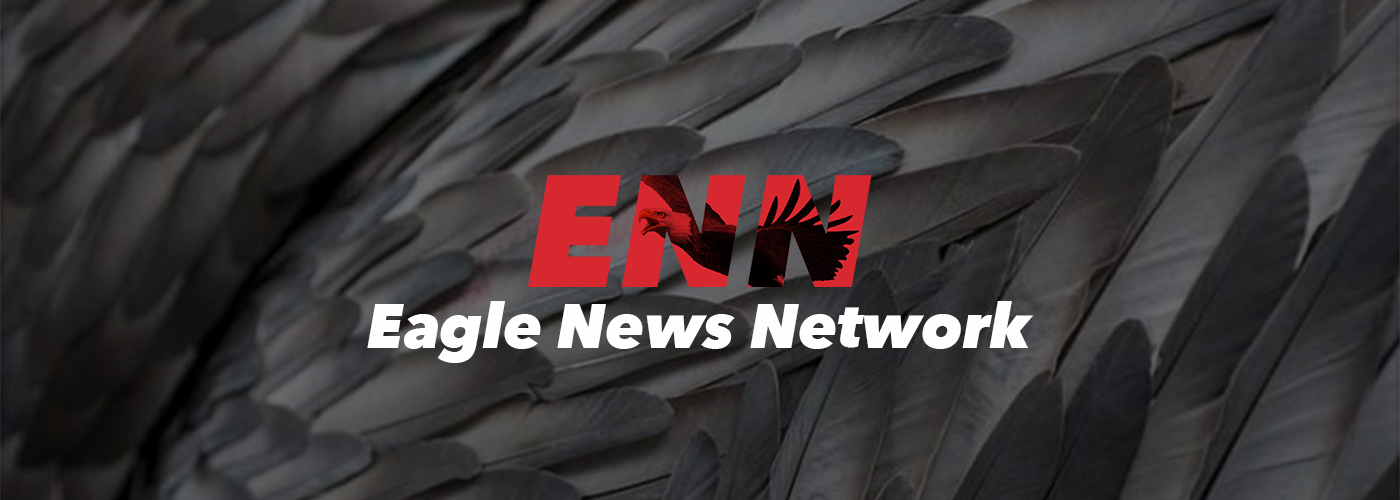In a high school hallway, a few things are guaranteed: fights, curse words, kids running, and that one couple. Everyone knows them. They hold hands, they hug, they dance while there’s no music playing, and while it’s true that it’s sweet to see people that really do completely care about each other show it, most people would agree: we don’t want to see it at school. My biggest question is, why am I, and so many others, made uncomfortable by PDA? More than likely, one has seen two people kiss or hug before. It could be your parents, maybe a wedding ceremony, or even on a tv show, so why are we still so shocked by it?
In an article by Refinery29 titled “What is it about PDA that makes us so uncomfortable?” out of all of the points that were brought up and could be a potential answer to my question, one stuck with me. This was the idea that PDA requires a level of vulnerability that is scary. I found this idea more interesting than other common reasons I’ve seen, like jealousy and what one was exposed to during their childhood. I also liked this theory because it is less pessimistic than someone just being judgy or, again, jealous. This idea that seeing two people be so open with one another can be intimidating seems very applicable to teenagers especially. As it has been said countless times, loving someone is like leaping off a cliff; and when you’re just learning how to start being an adult, you’re jumping off a very wobbly cliff. A lot of people just aren’t ready to take that risk, and whether you do or not, it’s perfectly normal. However you choose to lead your teenage years, PDA forces you to see what decisions others made. PDA is like seeing into someone’s room through an open door. You get to see the overflowing laundry basket in the corner, and the missing homework sitting on the desk. Something that goes along very closely with this idea that an aversion to PDA comes from vulnerability, is the feeling of invading someone’s privacy. This is what I feel makes me most uncomfortable about PDA. Obviously, if this couple are hugging they might not feel like they are sharing too much, but to me, and to many others, we feel the need to immediately avert our eyes.
But there’s another side to the judgment of PDA; the cynical view that seeing two people love each other makes everyone jealous. No one is perfect, and although we all try our hardest to just be happy for everyone when they’re happy, it’s no new idea that seeing a peer have something you don’t is plain annoying. High school especially is commonly felt as four years of comparing yourself to others. We already think about who got the nicest car for their 16th birthday and what everyone got for christmas, so, naturally, you’ll compare yourself to the people in the hallways holding hands. Olivia Rodrigo spoke for all of us, whether we like it or not, in her song “Jealousy, Jealousy” off her 2021 album, “Sour.” The whole song is about wanting what others have, without even knowing them. I constantly experience this, but what’s most important to remember is that people only show the best parts of themselves and their lives. And in my personal experience, the couples who show excessive affection in public, have the most issues in private.
The last point I will bring up is the sole fact that it occurs in school. The location of PDA is a big factor for the level of discomfort one might experience. The halls of a high school at 8 am feel very different than a nice restaurant or a cute boardwalk on a Friday night. It’s true that there’s a time and place for everything and I would argue that inside of a high school is never a romantic place.
Although I have my own opinion on PDA at school, I know I can’t tell anyone what to do. What I do have to say is this: For the rest of our lives, people are going to do things that irk us, things that just make us angry or uncomfortable, and there will probably be nothing we can do about it. But, self and situational awareness skills are important to keep spaces as comfortable as possible. Hopefully as we all grow up, especially in the first few years after graduation, the way we act and the things we say will become fine-tuned and more mature.



